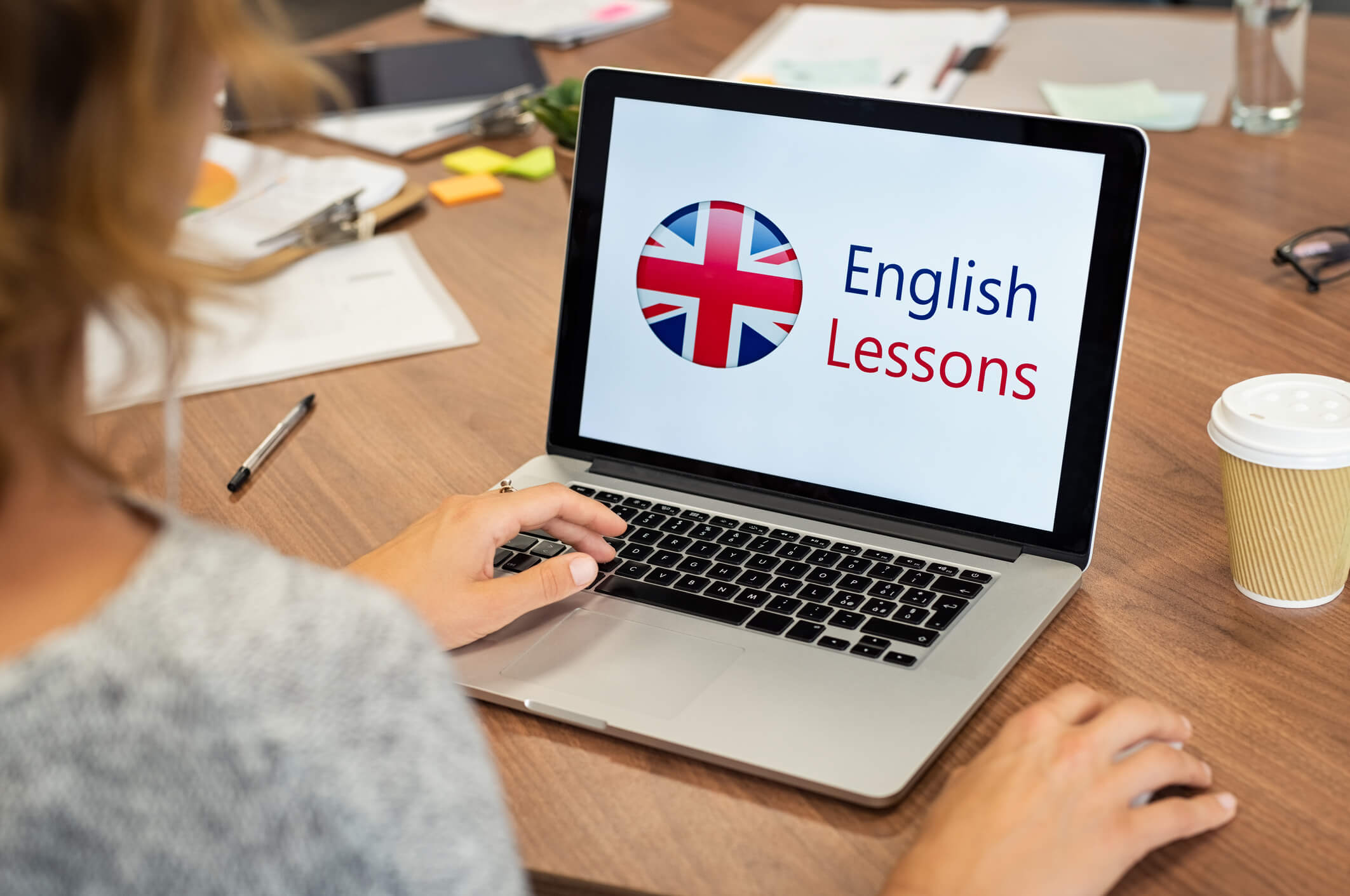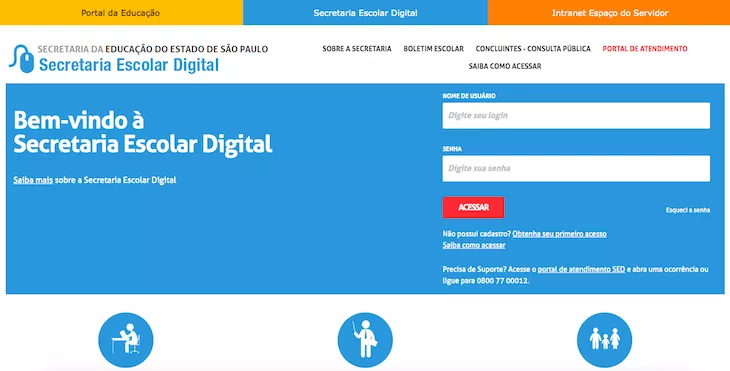Education
Early Childhood Education and English Language Acquisition
Understand the relationship between Early Childhood Education and the Acquisition of the English Language according to available theories and children's behavior.
Advertisement
A lot about the relationship between Early Childhood Education and the Acquisition of the English Language. There is a very strong group of people and professionals who think it is harmful to expose a child of Early Childhood Education to a second language. Many say that this can negatively influence the process of learning their mother tongue.
On the other hand, there is another line of thought arguing that there is no negative impact on children who are exposed to two languages simultaneously. Since the speech acquisition process occurs through internal and external aspects, a child is fully capable of learning two languages at the same time. In fact, according to them, it is the best age to learn.

Acquisition of the English Language in Early Childhood Education
Through language, children's socialization takes place in a valuable way as they have access to beliefs, values and rules of the culture they belong to or have contact with. Therefore, we can say that the sooner a child has contact with a language other than the one initially learned from their mother and family, the better their development in acquiring the second language, as proposed in the National Curriculum Reference for Early Childhood Education (RCNEI):
“The younger the children, the more their representations and notions about the world are directly associated with the concrete objectives of known, observed, felt and experienced reality. The increasing mastery and use of language, as well as the capacity for interaction, however, enable their contact with the world to expand, being increasingly mediated by culturally constructed representations and meanings.” (RCNEI – BRASIL, 1998, p.169).
According to this document, the child must be exposed to the second language as early as possible so that the acquisition process takes place through the most varied daily experiences, experiences that promote new and constant relationships.
The more contact with the second language, the greater the child's command over the language. The broader her interaction capabilities will be, this will make her expand her contact with the environment in which she lives and with the world. This also applies to other ages, including, if you wish, learn English alone.
What Vygotsky thinks about Language Acquisition
For Vygotsky (1934/1987) “learning is one of the main sources of concepts for school-age children, and it is also a powerful force that directs their development, determining the destiny of their entire mental development… (:107). ''
Little by little, interactions with the social group and cultural objects begin to regulate the child's behavior and development of thought. In other words, the development of a child's mind is always conditioned by others (people from the social group) who attribute meanings to reality. In this way, the child will, little by little, appropriate the modes of psychological functioning, behavior and culture of the environment in which they live.
Regarding the acquisition of the English language, we can observe that, by providing the child with contact with a second language, we are contributing to their mental development as they will use their learning of their mother tongue to establish connections with the second language and also recognize the differences and this will make her develop both languages simultaneously, one contributing to the improvement of the other.

Krashen's thoughts on Language Acquisition
Stephen Krashen (1983) proposed a distinction between learning and acquisition taking into account the student's personality and behavior due to the difference in approach and short- and long-term results.
The author believes that children develop functional skills based on real and concrete situations and intuitively through natural assimilation, which is why he supports the predominance of acquisition over learning – formal and technical study of the language – in the development of language proficiency .
Therefore, we can see how the natural method (natural approach) proposed by Krashen is effective in teaching the English language in childhood and contributes to better results in the acquisition of a second language, since the child is in the process of development and maturation.
Natural characteristics of children at this age
At this stage of life, children's characteristics are the desire to learn, to know new things, they are eager for answers to their questions and this generates a great capacity for assimilation, these are determining elements for obtaining positive results in teaching a language. foreign.
In this way, the learning process will take place through playful activities that can integrate both the school environment and the child's family environment, increasing the chances of obtaining positive results.
To contribute to all this pre-disposition to learn new things that age provides, we can naturally use resources that will make acquiring a second language easier and more fun, rejecting the idea of formal and technical education.
Note: This text was written in partnership with Abner Silvestre, professor of English, and contains textual fragments of his TCC.
Trending Topics

Want to work at Walmart? Check out these tips for applying
Are you looking for hot tips to get a job? See how to shine in the selection process to work at Walmart!
Keep Reading
Free Courses – Online Course Platforms
Here you will find the best online course platforms with the best free courses for you to develop.
Keep Reading
Applications for Listening to Music
These are some Applications for Listening to Music. See the best current options available to you according to your cell phone.
Keep ReadingYou may also like

How to change shower resistance
Watch the step-by-step guide and learn how to change shower resistance quickly and simply. But always opt for a professional.
Keep Reading
What is the best online English course?
If you want to know which is the best online English course, this article will answer your questions and, who knows, help with your decision.
Keep Reading
Digital School Secretariat: What it is and how to register
Learn how to install the Digital School Secretariat application and make your daily routine more productive.
Keep Reading